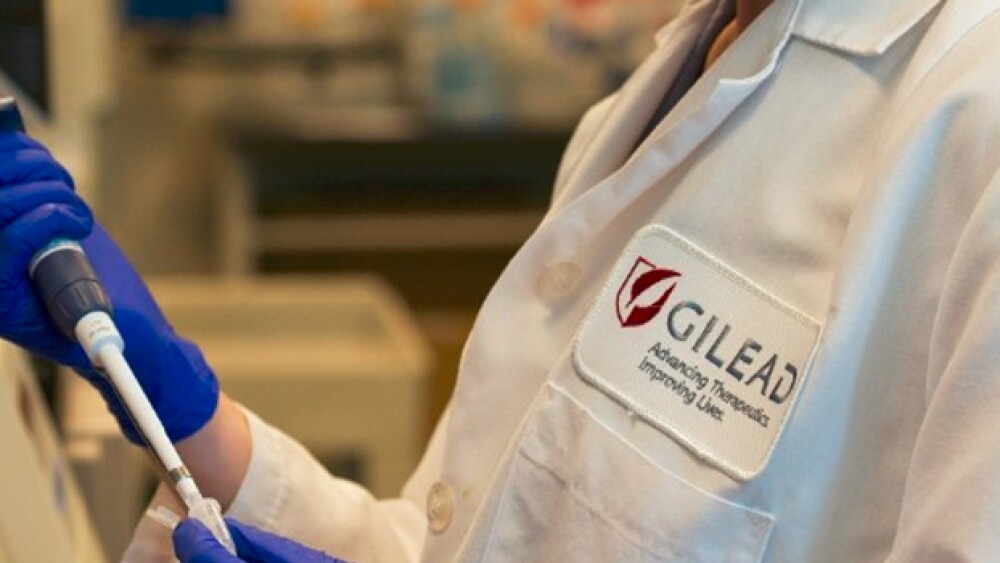The deal, which will last several years, has Tango performing target discovery and validation. Gilead will be able to option rights to up to five targets that come out of Tango’s work.
Foster City, Calif.-based Gilead Sciences and Cambridge, Mass.-based Tango Therapeutics inked a global strategic collaboration to focus on immuno-oncology therapies.
The deal, which will last several years, has Tango performing target discovery and validation. Gilead will be able to option rights to up to five targets that come out of Tango’s work. For two programs directed to the targets, Tango will have the option to co-develop and co-detail in the U.S.
The program doesn’t include Tango’s lead programs. Tango still holds all the rights to those. Tango’s lead programs are in multiple solid tumors, BRCA-mutant tumors, and KRAS-mutant tumors.
Under the terms of the deal, Gilead will pay Tango $50 million up front. Tango will be eligible for about $1.7 billion in additional payments across all programs in various milestones, as well as up to low double-digit tiered royalties on net sales.
For the programs Tango chooses to co-develop and co-detail, the two companies will split profits and losses evenly for the U.S. Development costs will be shared proportionately to product rights and Tango will be eligible for milestones and royalties on sales outside the U.S.
“Tango has built a unique discovery platform that we hope will help create the next generation of cancer therapies,” said John McHutchison, Gilead’s chief scientific officer and head of R&D, in a statement. “Our collaboration will combine Tango’s innovative discovery technology alongside Gilead’s drug discovery and development capabilities to build a pipeline of novel immuno-oncology therapies.”
Tango launched in March 2017 with a $55 million Series A round from Third Rock Ventures. Its product engine uses advances in DNA sequencing and CRISPR-based target discovery to identify new potential drug targets. Part of its approach is on synthetic lethality, the “interaction between two genes that causes cell death when both are inactivated. In cancer cells, one of these genes is inactivated by mutation; the other will be inactivated by a drug. This approach leaves normal cells largely unaffected, with the potential to greatly enhance anti-tumor efficacy and reduce associated toxicity.”
Gilead is better known for its drugs for HIV and hepatitis C. Yesterday, the company announced 96-week data from a Phase III trial of Biktarvy (bictegravir, emtricitabine, tenofovir alafenamide) for HIV-1. It was found to be “statistically non-inferior” to another combo treatment of dolutegravir and emtricitabine/tenofovir alafenamide through 96 weeks.
The company has been struggling, a victim of its own success. For the first quarter of this year, it reported total revenues of $5.088 billion compared to the same quarter in 2017 of $6.505 billion. The reason for this drop is that its hepatitis C sales are decreasing. They are so effective, they are basically curing the disease, causing there to be a smaller and smaller patient pool to draw on. There is also competition, as well as pricing pressures, but the biggest reason for the drop is its own success.
Gilead’s entry into oncology was marked by its acquisition of Kite Pharmaceutical in October 2017 for $11.9 billion. Shortly afterward, the Food and Drug Administration (FDA) approved Kite’s Yescarta for advanced lymphoma, one of only two CAR-T immuno-oncology products on the market.
This deal with Tango, although relatively small in terms of its upfront payment, has the potential to be huge for both companies, particularly Tango.





